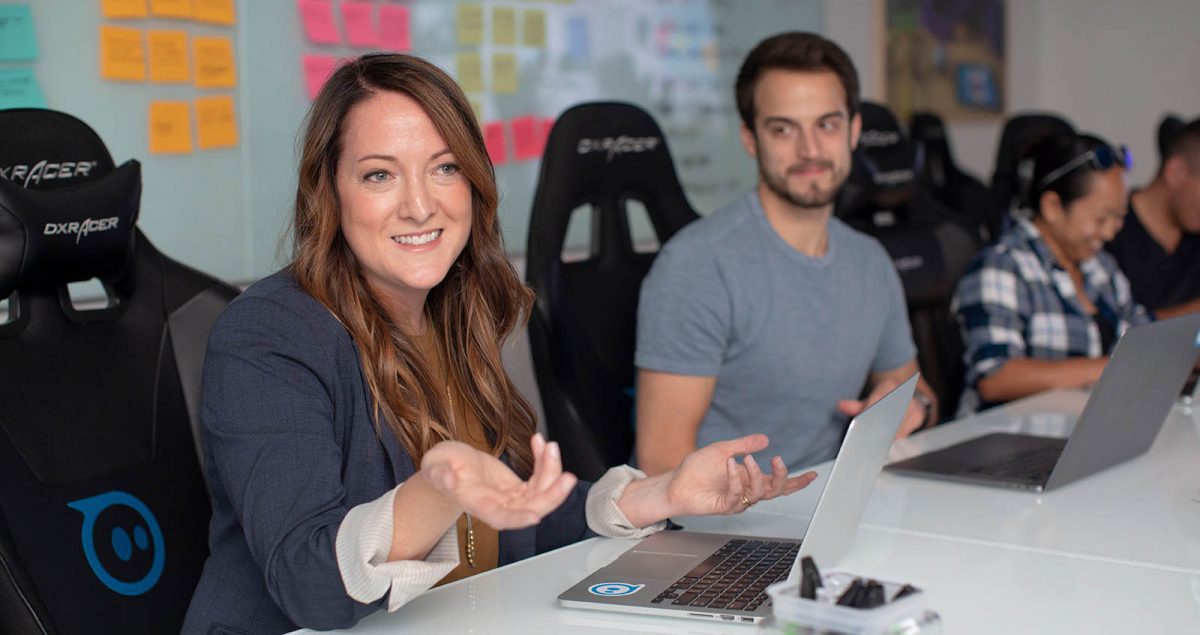At the Graduate Recruitment and Placement Fair on Oct 21 and 22, employers will use your online profile to find you. How do you build a profile that stands out from the crowd? Read on and find out.
You can upload your CV to your profile, so that will let an employer know what you’ve done. The key is to articulate what you have learned and the skills you have collected along the way. Employers want to know what skills and experience you can bring to the role. Below you will find a list of top skills employers told us they are looking for in student and graduate recruits, along with a brief explainer. Tag as many of these as you can to your online profile ahead of the event.
Cognitive/intellectual skills, such as:
- Problem solving: Ability to analyse issues, identify barriers and offer/implement potential solutions. This may involve prioritising tasks, coping with complexity, setting achievable goals and taking action. It may also involve innovation at relevant points.
(Other terms might include – Thinking creatively/Decision making)
- Applying subject knowledge and understanding: potentially from the degree pathway.
(This might also include researching the types of industry/roles that the subject knowledge could lead to and mechanisms for doing this.)
Professional attributes/attitudes such as:
- Communication skills: the ability to communicate effectively in a range of professional contexts (both orally and in writing).
(Could also include body language, presentation skills, listening skills, communication styles)
- Teamwork: the ability to work with others in a team, to communicate, influence, negotiate, demonstrating adaptability/flexibility, creativity, initiative, leadership and decision-making.
(Might include knowledge of their teamworking style, types of teams, working with remote teams, leading teams, running meetings)
- Interpersonal skills: includes ability to engage with and motivate others, sensitivity, global and cultural awareness, moral and ethical awareness and the ability to adjust behaviour accordingly.
(Other terms might include – Emotional intelligence, self-awareness, building on strengths, self-management)
- Leadership skills: leading other individuals or groups through a set of complex decisions as part of goal achievement within projects or significant and challenging activities.
(Leadership styles, leadership theories, performance, motivation)
Technical skills such as:
- Utilise modern technology: associated with work place or work-related activity.
- Information technology skills: includes ability to learn, apply and exploit relevant IT programmes.
Business and organisational skills such as:
- Business operational skills/ Commercial awareness: understanding of relevant commercial, marketing, management and/or financial processes/principles. Awareness of differences in organisational cultures and practices.
- Business communication skills: Written, verbal and/or online.
(Could also include – Business etiquette, coaching, collaboration, influencing others)
Language Skills and Cultural Awareness
- Proficiency in foreign languages: developed through courses or overseas experiences.
- Cultural awareness/intelligence: and the ability to implement this in a variety of multicultural contexts.
If you haven’t registered for the Graduate Recruitment and Placement Fair yet, make sure you do it today. Use your QUB email to enjoy uninterrupted access to our virtual platforms and register for both days so you can experience everything on offer.











